Basil II
(958-1025CE)
The emperor who blinded an army and died alone, still wearing his armor.
“Mercy is the luxury of men who have already won.” — attributed to Basil II, right before proving he’d never heard of luxury
The mountain pass smelled of iron, sweat, and bad decisions. Screams echoed through the gullies like ghosts still trying to file complaints. When the sun rose over the battlefield of Kleidion in 1014, it shone on ten thousand blind men—each missing their eyes courtesy of Basil II, Emperor of the Eastern Romans, self-declared smiter of heretics, and one of history’s least huggable Christians. Behind him, the Byzantine army looked down on the wreckage of Bulgaria, and for the first time in decades, nobody in the Balkans was arguing about who ran the place. Basil had made it perfectly clear: the man with the hot poker did.
THE MAKING OF A MONSTER
Basil II didn’t start out as the Bulgar-Slayer. He started as a shy, uncharismatic princeling who looked more like a tax clerk than a conqueror. Born in 958 to Emperor Romanos II and an empire that was too large to love him, Basil spent his youth learning that everyone around him was better at betrayal than conversation. His mother was accused of poisoning his father, his generals ran their own coups like startup companies, and half the Byzantine nobility thought the throne was a communal couch.
So Basil grew up grim, awkward, and silent—the kind of guy who never laughed at parties because he was mentally sharpening a sword instead. When he finally took the reins of empire, the court snobs whispered that he was too boring to rule. By the end, they were whispering without tongues.
RISE OF THE IRONCLAD ACCOUNTANT
Most emperors chased wine, women, and mosaics. Basil chased taxes and heads. He reigned for nearly fifty years and spent forty of them marching, besieging, and bleeding. He didn’t wear jewels; he wore armor so often it was said he slept in it. His soldiers called him the “Copper Hand” because he ruled with one.
The early years were a bureaucratic nightmare. Pretenders like Bardas Skleros and Bardas Phokas (because Byzantium only printed two names apparently) tried to knock him off the throne. Basil smashed them both—once by personally riding into battle, once by hiring Vikings. Yes, those Vikings. The Varangian Guard, six-foot-tall red-bearded death machines imported from the North, became his personal muscle. Basil didn’t trust Byzantines; he preferred mercenaries who couldn’t pronounce “treason.”
THE LONG WAR
His real obsession, though, was Bulgaria. For forty years, the Bulgars under their king Samuel had been gnawing at the empire’s northern flank. They were fierce, mobile, and annoyingly resistant to dying. Samuel himself was a kind of Balkan boogeyman—a tough, mountain-born warlord who’d outmaneuvered three emperors and once invaded Greece just to prove he could.
But Basil wasn’t most emperors. He didn’t win through glory; he won through spreadsheets of vengeance. His campaigns weren’t quick strikes but a slow suffocation. He built roads through forests, fortresses along rivers, and supply lines like veins of iron. Year after year he marched north, burning villages, salting fields, grinding down the resistance like an accountant balancing the cosmic books in blood.
By 1014, the Bulgars were cornered in the Belasitsa Mountains. Basil laid a trap. His general Nikephoros Xiphias (whose name sounds like a Greek power metal band) flanked the Bulgarian army through the high passes. When Samuel realized he was surrounded, his army broke—and Basil made sure they regretted being captured.
THE EYES HAVE IT
Here’s where the legend stops pretending to be metaphor. Basil ordered 15,000 Bulgarian prisoners blinded. Not killed—blinded. Every group of one hundred men was left one single, one-eyed guide to lead them home. Imagine the scene: miles of stumbling, weeping soldiers, hands on shoulders, groping their way through the mountain trails. When they finally reached King Samuel’s camp, the old warlord reportedly took one look at his mutilated army, screamed, and dropped dead of a heart attack.
Even in the Middle Ages—where flaying, impalement, and divine plague were considered valid negotiation tactics—this was considered a bit much. Word spread fast. From Constantinople to the Adriatic, mothers used “Basil” as a bedtime threat. The emperor had done the impossible: he’d turned an entire nation into his press release.
RULER OF NOTHING LEFT TO CONQUER
The next decade was just mopping up. One Bulgarian fortress after another fell like teeth rotting from the jaw. By 1018, Bulgaria ceased to exist as an independent kingdom. Basil entered the conquered capital of Ohrid not as a triumphant hero but as a meticulous exterminator checking for survivors. He didn’t even celebrate. There was no parade, no feast. Just new tax laws.
He reorganized the entire Balkan administration, ensured every village paid tribute, and went back to Constantinople to file his victory under “Accounts Receivable.”
By this point, Basil was emperor of the richest, strongest state in Europe. He had doubled its territory, balanced its budget, and built a war machine that made crusaders weep with envy. So naturally, he died like a bureaucrat—quietly, at his desk, in 1025. No assassination, no glorious final charge. Just paperwork and exhaustion.
AFTERLIFE AND AFTERTASTE
Basil II left no heirs, no wife, and not much of a sense of humor. Later Byzantine chroniclers adored him—the ascetic warrior-emperor who ruled with iron justice and no time for luxury. But others wondered if the empire hadn’t paid too high a price for his efficiency. Within a generation of his death, everything he’d built began to unravel. His pampered successors inherited a bloated machine they didn’t know how to run. Within fifty years, Byzantium was back to its favorite hobby: losing catastrophically to people it had once enslaved.
Still, the legend of the Bulgar-Slayer lingered. In Orthodox tradition, he was practically sanctified as the last great emperor. In the Balkans, his name still tastes like bile and iron. Even modern Greeks, when pressed for historical badasses, tend to nod and mutter, “Well, there was Basil.”
Pop culture has mostly ignored him—too grim, too efficient, too monochrome. He’s not a movie star emperor; he’s an Excel sheet written in blood. No decadent orgies, no doomed romance, no tragic flaw—just relentless competence. If Julius Caesar was Shakespearean drama, Basil II was a tax audit conducted with a sword.
But maybe that’s why he still haunts history’s margins. For every conqueror who burned bright and stupid, there was one who simply refused to stop. Basil was the empire’s dark accountant, tallying sins until none remained. When the work was done, he closed the ledger and died.
The last thing the Bulgars ever saw was the light leaving their emperor’s eyes.
Warrior rank #192
SOURCES
John Skylitzes, Synopsis Historion (11th century) — The original Byzantine tea-spiller.
Michael Psellos, Chronographia — The guy who tried to make Basil sound human. Failed.
Warren Treadgold, A History of the Byzantine State and Society — The academic who counted every damn coin Basil ever minted.
Georgios Ostrogorsky, History of the Byzantine State — Still the gold standard in imperial autopsy reports.
“Vikings Before It Was Cool” — imaginary Netflix pitch that got rejected for being too historically accurate.
“Basil II: The Man Who Needed a Hug”, Drunk History of Byzantium, vol. 2 — unpublished, probably for legal reasons.
Empires rise on ambition, but they endure on pettiness—and nobody was pettier than the man who blinded an army just to see straight.
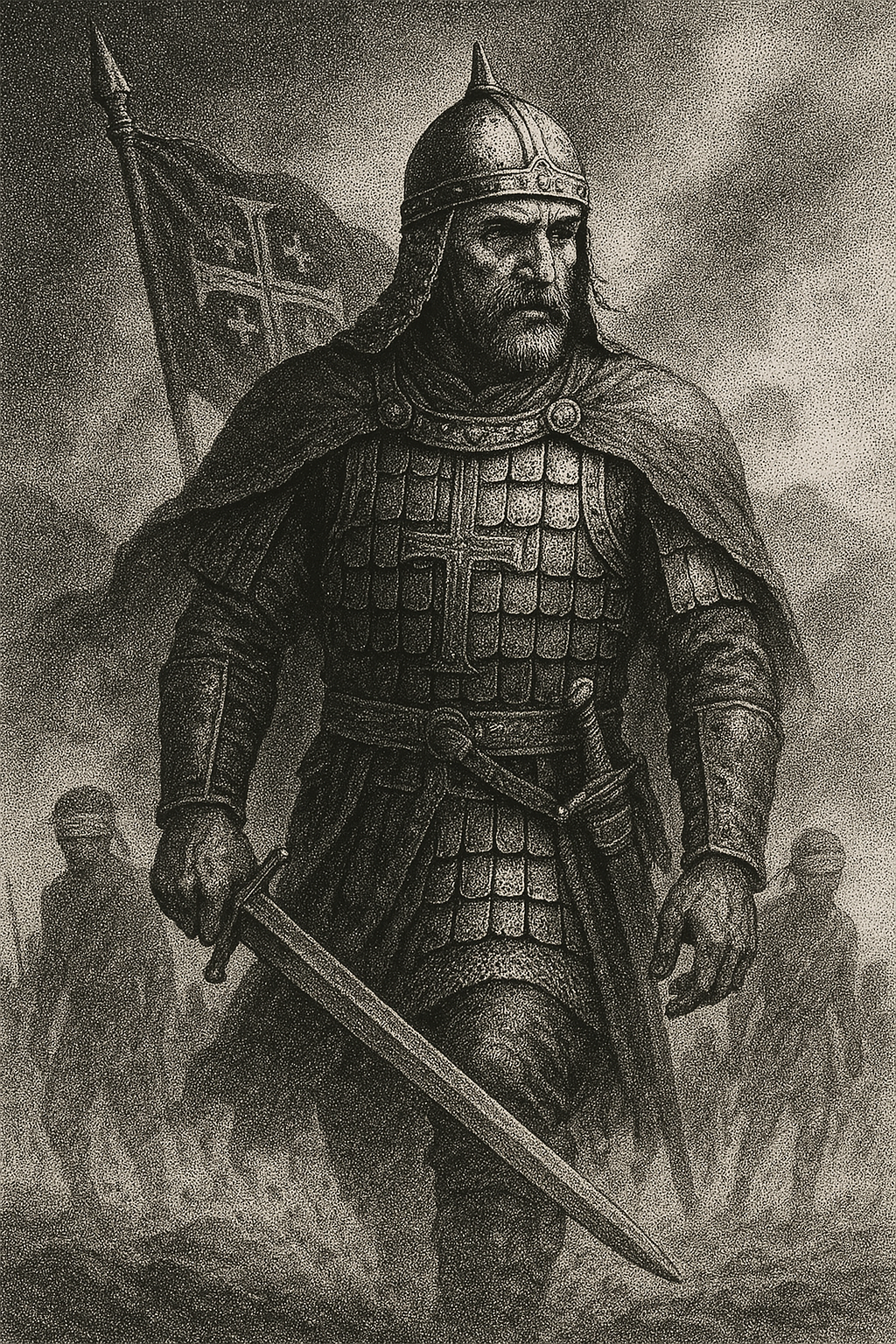
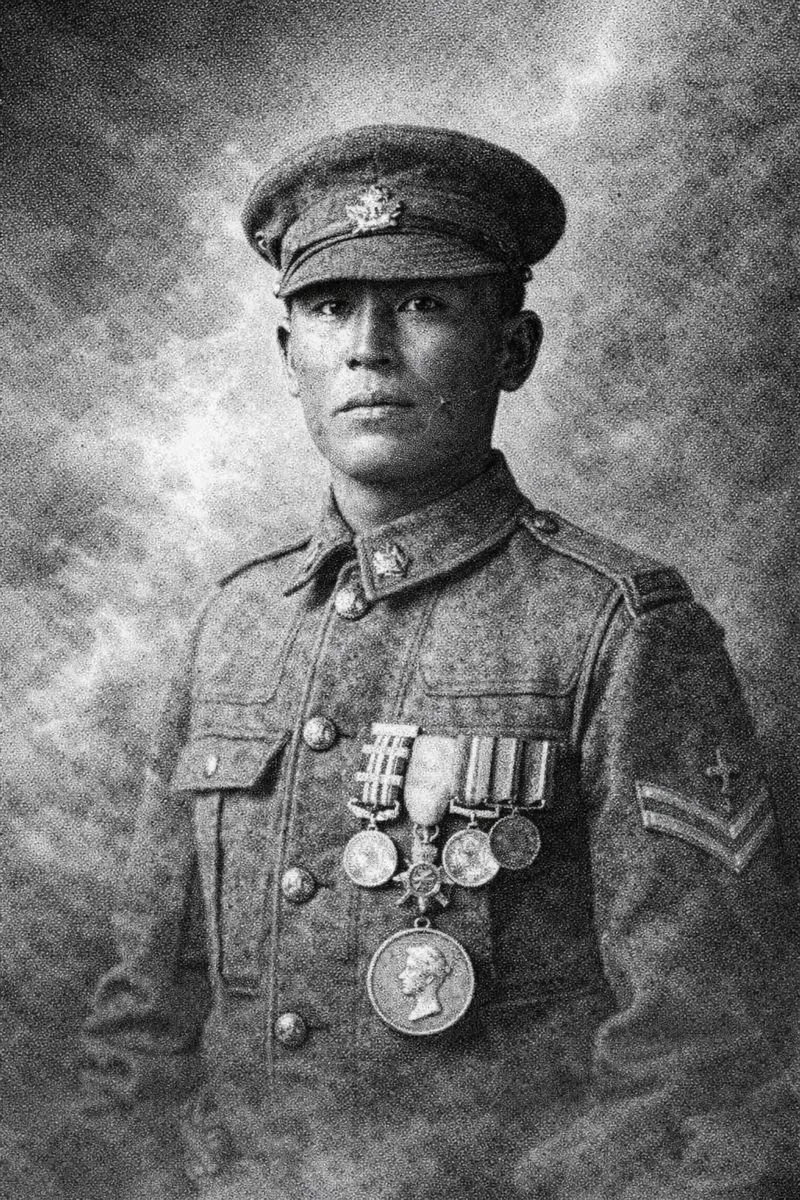


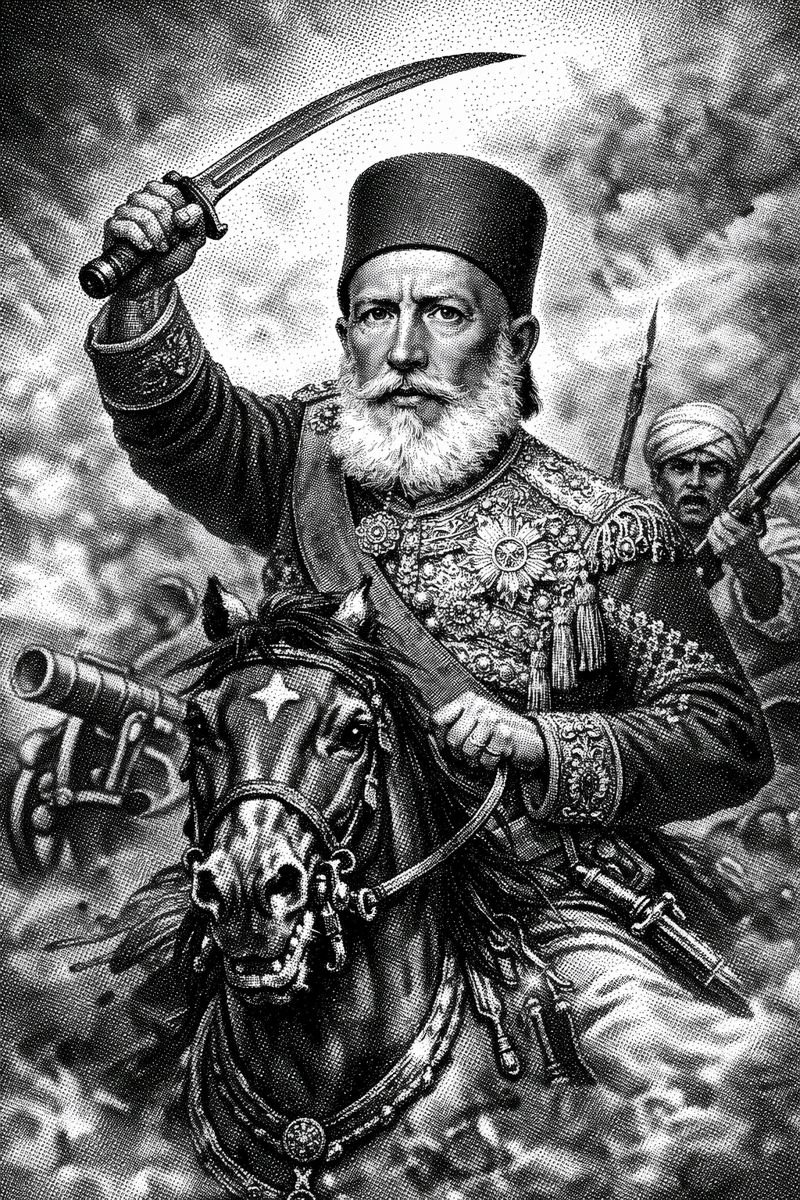
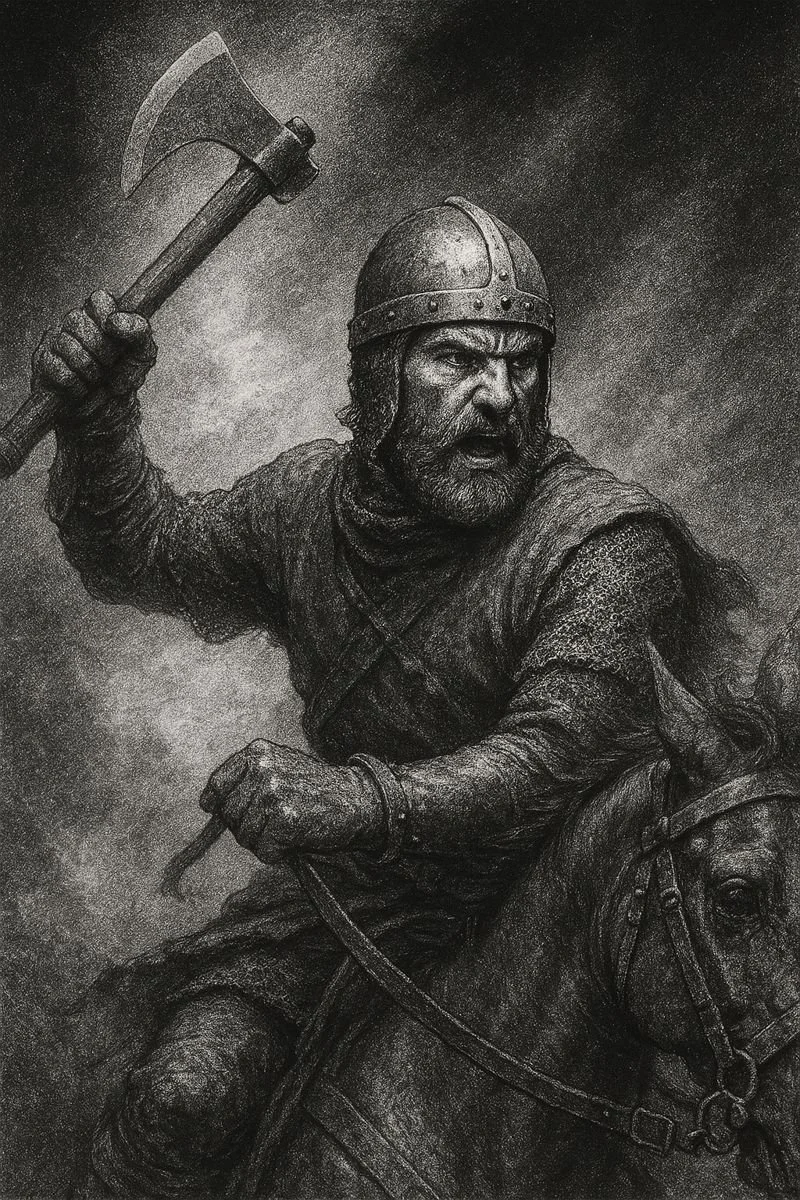


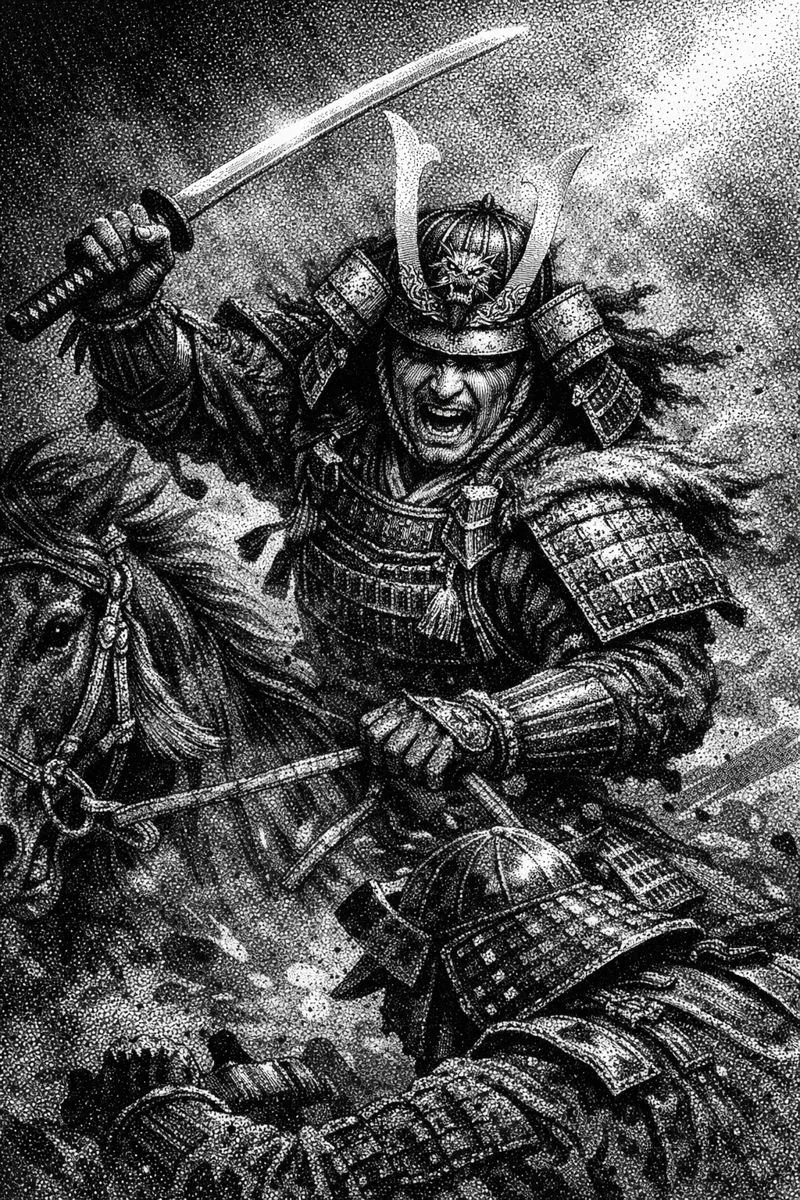



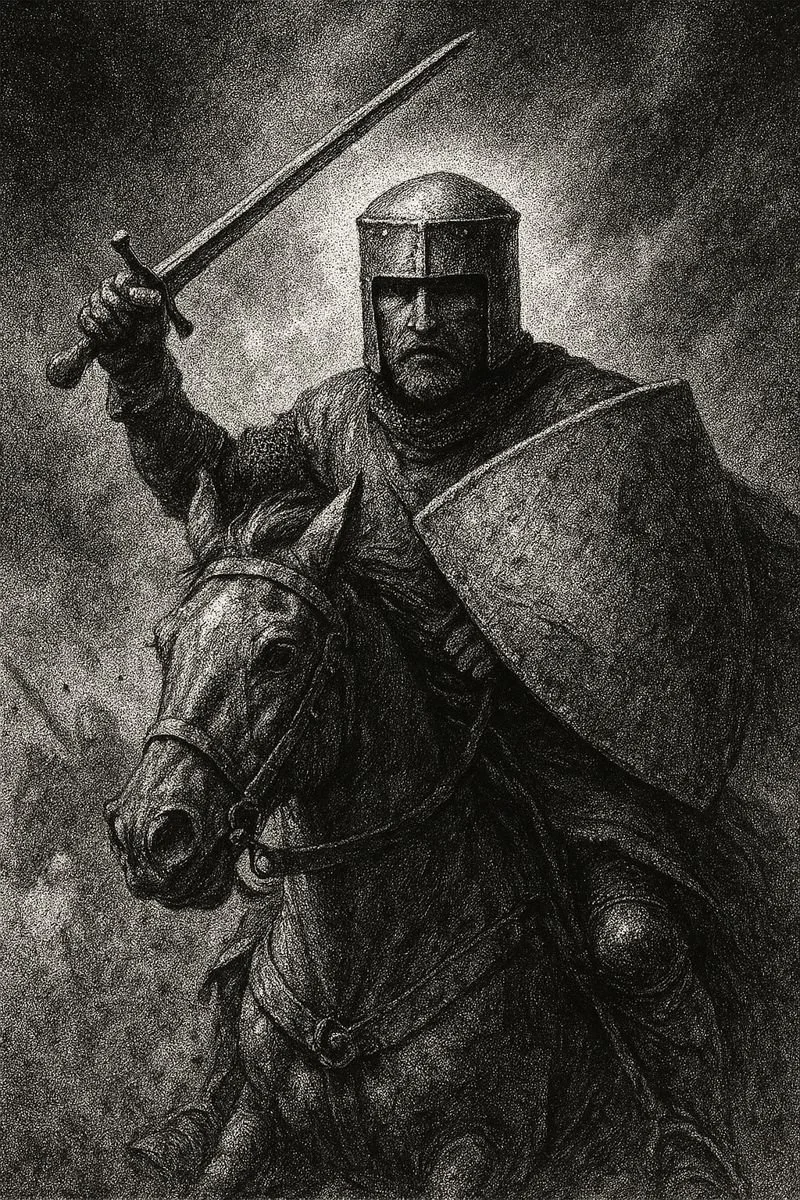


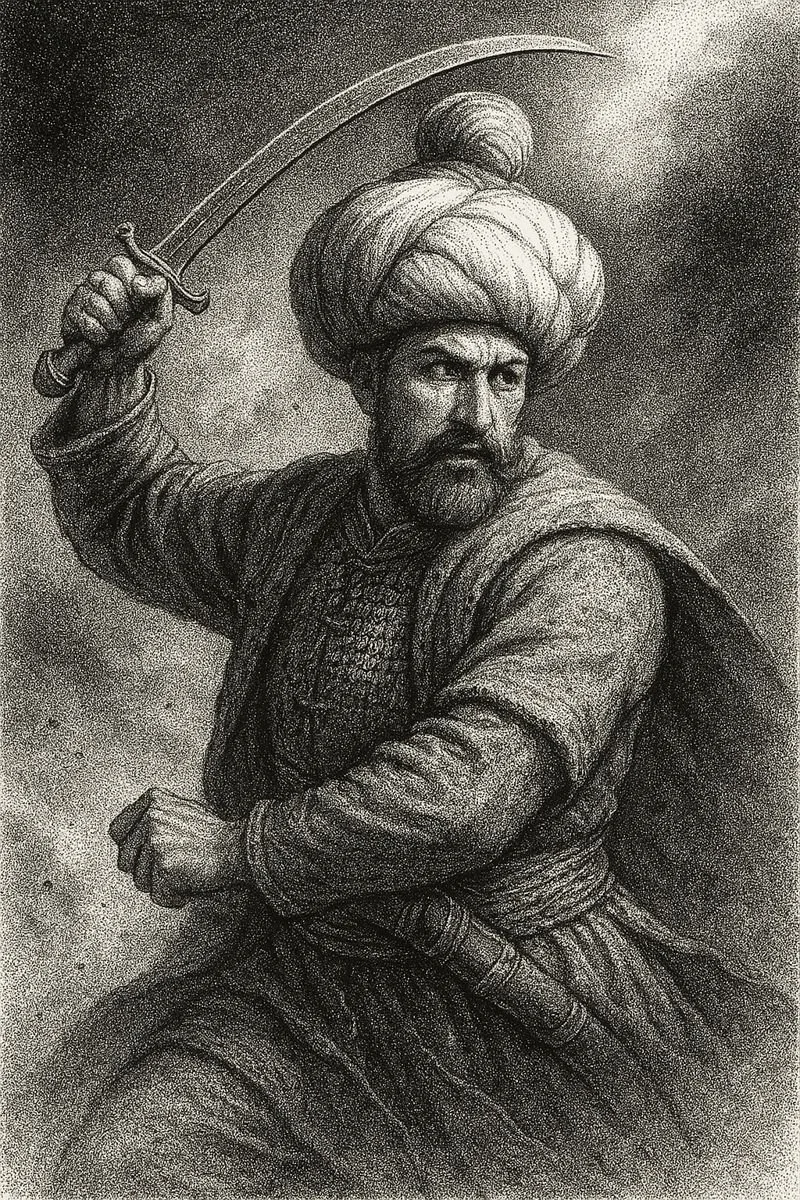
Charles XII of Sweden was a warrior-king who personally led his armies through the Great Northern War, turning early victories into legend through ferocious discipline and reckless courage. His refusal to compromise or retreat ultimately shattered Sweden’s empire, leaving behind a mythic figure admired for bravery and criticized for destroying everything he fought to protect.
Rank - 125